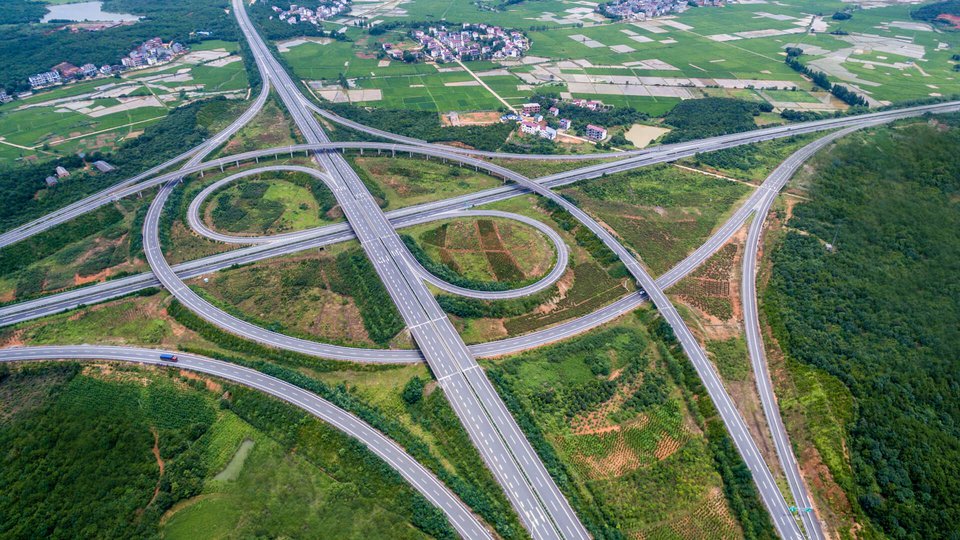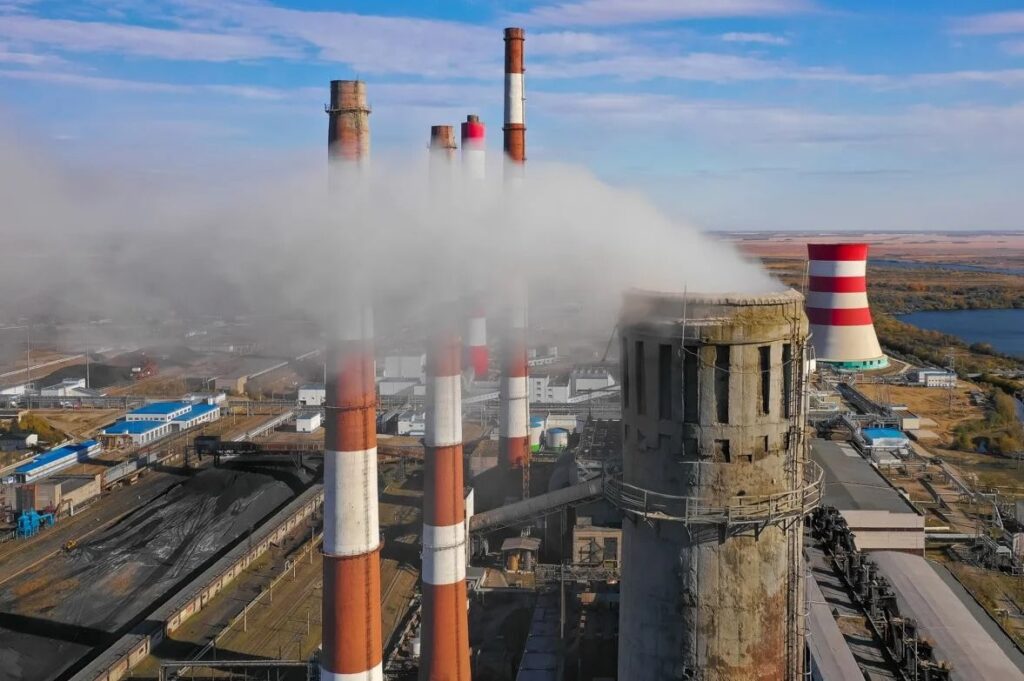The UK is a pioneer in implementing new technologies and strategies, and sustainable infrastructure is crucial for advancing the global agenda on clean growth and climate resilience.
Sustainable infrastructure
Infrastructure plays a critical role in the UK’s efforts to achieve sustainable growth. The government’s objectives include reducing the global environmental impact, achieving net-zero greenhouse gas emissions by 2050, and addressing the challenges of climate change. The UK offers attractive opportunities in various sectors such as mining, construction, rail, and water, and these opportunities are being bolstered by new policies and funding.
The UK’s strong commitment to clean growth is evident in its ambitious net-zero goals and international climate leadership. Furthermore, initiatives like the ten-point plan for a green industrial revolution and the National Infrastructure Strategy outline key commitments across the economy to support the transition to net zero.

Opportunity highlights
Mining
The transition to a low-carbon future will require increased mineral resources, including graphite, lithium, and cobalt, to support clean energy technologies like electric vehicles. The UK and other regions offer opportunities for sourcing these minerals, while the UK is also focusing on policies that promote smart mining practices to optimize resource usage and minimize energy and water consumption.
Construction
The construction industry plays a significant role in global greenhouse gas emissions. To address this, the UK emphasizes the importance of reducing the carbon footprint of buildings throughout their lifecycle. The country has a leading Building Information Modelling (BIM) capability, which can enhance the environmental performance of infrastructure projects and support sustainability in construction. Additionally, the UK is investing in modern construction methods and retrofitting existing buildings with technologies such as heat pumps to improve construction efficiency and reduce energy consumption.
Rail
The UK’s rail sector is experiencing robust demand for new equipment and services due to a substantial national infrastructure investment worth over £100 billion. The National Infrastructure Strategy 2020 outlines high levels of investment in sustainable rail projects. The Traction Decarbonisation Network Strategy emphasizes incentives for low-carbon rail traction, increased electrification of rail networks, and innovations in battery and hydrogen-powered trains.
Water
The UK’s water supply chain is a crucial element in helping the industry achieve its net-zero targets. UK companies are sought after by international governments and organizations to address climate challenges such as water scarcity, flood resilience, network rehabilitation, and wastewater treatment. Investment opportunities abound for low-carbon technologies and services within the water sector, offering growth and export potential.
Adaptation and Resilience
The UK leads in infrastructure adaptation and resilience, providing advanced tools, guidance, and research to shape future climate policies. Both nationally and locally, the UK is actively responding to the changing climate, with a focus on temperature and weather pattern shifts already occurring on the planet.
Commercial maturity
The UK excels in both private and public sector finance, innovative environmental solutions, and front-end design. As the global demand for next-generation clean growth technologies rises, there is an increasing need for high-tech metals. The electric vehicle revolution is further driving the demand for battery metals. This demand is anticipated to surpass the capacity of existing mines worldwide, presenting significant opportunities to source these metals from the UK.
The UK is committed to achieving a 50% reduction in greenhouse gas emissions within the built environment by 2030. This commitment is expected to foster innovation and expertise, potentially leading to increased exports and improved productivity.
UK rail operators are planning to procure £35 billion worth of new equipment and services over the next 15 years. This will result in a 140% expansion of the supply chain, with a particular emphasis on overhead electrification, battery-powered, and hydrogen trains.
The water sector is at the forefront of committing to net-zero carbon emissions by 2030 in the UK. It is the fourth most energy-intensive industry in the country, responsible for emitting 5 million tonnes of greenhouse gases annually. Stringent regulations are motivating water utilities to drive innovations in achieving net-zero emissions throughout their supply chains, which includes leveraging digital applications. These applications have significant potential in international markets.
R&D capability
Mining
The UK’s academic and corporate research institutes lead the way in pure and applied research across the mining industry and its supply chain. The country boasts four of the world’s top 10 universities with world-class geoscience, minerals, materials, and engineering research centers.
Construction
The UKRI Transforming Construction Challenge is making a £170 million investment to accelerate the construction industry’s transition to sustainable manufacturing and digital processes. The Construction Innovation Hub is driving changes in how buildings and infrastructure are designed, manufactured, integrated, and connected within the built environment.
Rail
The UK Rail Research and Innovation Network is fostering powerful collaborations between academia and industry to innovate in the rail sector and fast-track new technologies and products from research to the global market. Network Rail’s Research, Development & Innovation program focuses on developing agile innovation processes with an emphasis on sustainable and intelligent infrastructure.
Water
The UK’s Water Innovation 2050 strategy outlines a vision for transformational change in the water sector. Ofwat, the regulator for the water sector in England and Wales, has established a £200 million Innovation Fund to enhance the water sector’s capacity to innovate, better serving the evolving needs of customers, society, and the environment.
Adaptation and Resilience
A consortium of universities and research institutes, including the British Geological Survey (BGS), is delivering a £5 million research program, CS-N0W, as part of the UK government’s intensified efforts to prepare for and mitigate the impacts of climate change. Over four years, this program will produce world-class research, transformative advice, digital data, and tools to provide cutting-edge scientific knowledge, aiming for a low-carbon, greener future.
Business and government support
In order to promote economic growth and facilitate the transition to achieving net-zero carbon emissions by 2050, the UK government is establishing the UK Infrastructure Bank. Working in collaboration with the private sector and local government, this bank will take the lead in accelerating investment in the UK’s infrastructure.
The Transport Decarbonisation Plan outlines a comprehensive strategy to guide the transport sector towards achieving net-zero emissions by 2050. This plan envisions a future low-carbon transport economy that not only contributes to environmental sustainability but also offers substantial opportunities for economic expansion, job generation, and positions the UK as a global leader in green and sustainable transportation technology solutions.



